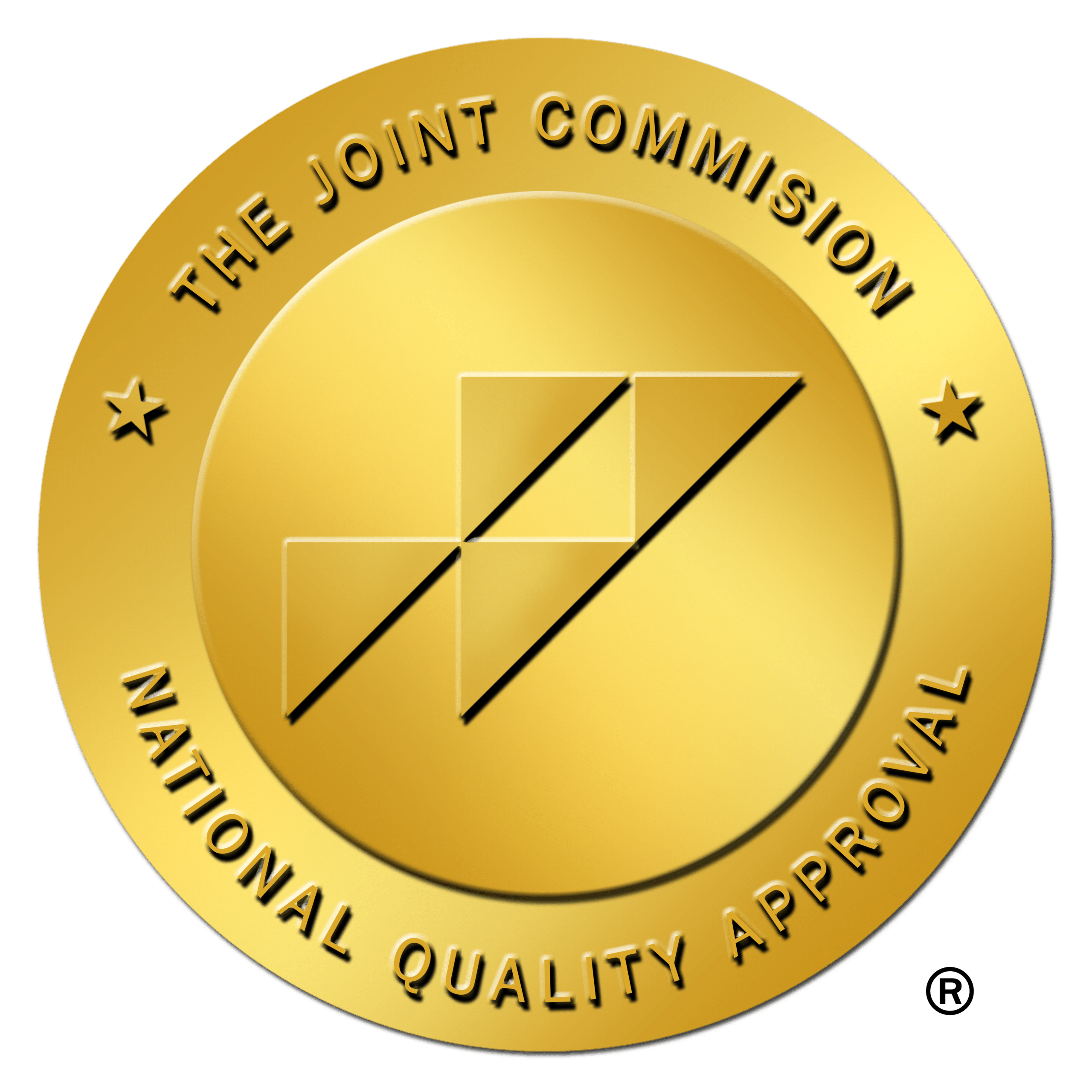Did you know? Nursing is the nation’s largest healthcare profession, with more than 3 million registered nurses (RNs) nationwide, according to the U.S. Bureau of Labor Statistics. But nurses’ roles vary greatly, from direct patient care and case management to establishing nursing practice standards, developing quality assurance procedures and directing complex nursing care systems. Your level of education and certifications impacts which role you will play.
Nursing certifications can be valuable for many reasons. In honor of Certified Nurses Day™ on March 19, we will explore the many benefits of obtaining and maintaining nursing certifications, as well as discuss how these certifications can help advance your career and improve patient care.
So, whether you’re a seasoned nurse or a fresh graduate looking to enhance your credentials, we will provide you with the insights and inspiration needed to take your nursing career to the next level.
Benefit #1:
One of the primary benefits of nursing certifications is that they demonstrate a commitment to professional development and lifelong learning. Obtaining a certification shows that a nurse has not only successfully completed the required coursework and clinical experience necessary to attain the credential, but they have also passed a rigorous examination designed to test their knowledge, skills, and abilities in a specialized area of practice. Thus, certified nurses send a clear message to employers, patients and peers that they are dedicated to staying current with best practices and maintaining the highest level of skill in their chosen field.
Benefit #2:
Another crucial advantage of nursing certifications is their potential impact on career advancement opportunities. Certified nurses often have a competitive edge in the job market, as employers value the specialized knowledge and expertise that comes with certification. Additionally, some nursing positions even require certification and/or an advanced degree as a prerequisite for employment. Findings from the 2021 American Association of Colleges of Nursing (AACN) survey on the Employment of New Nurse Graduates show that nearly 41% of employers require new hires to have a bachelor’s degree while 77% strongly prefer baccalaureate-prepared nurses.
In many cases, certified nurses are also more likely to receive promotions, as well as increased responsibilities and leadership roles within their organizations. Nurses with certifications often earn higher salaries compared to their non-certified counterparts, which highlights the financial value of obtaining a nursing certification. According to the U.S. Bureau of Labor Statistics, nearly 55% of RNs worked in general medical and surgical hospitals, with an average salary of $77,600 per year. And there’s more earning potential with additional certifications.
Benefit #3:
Certified nurses can also expect improved performance and enhancement of clinical skills. As the certification process requires an in-depth understanding of the latest evidence-based practices, certified nurses are well-equipped to manage the challenges of modern healthcare environments. Many nurses report increased confidence in their clinical practice upon achieving certification, which can lead to better decision-making and improved patient outcomes. Furthermore, certified nurses often serve as role models and mentors to their peers, promoting a culture of continuous learning and professional improvement within their organizations.
Benefit #4:
Nursing certifications help foster professional credibility, enhancing a nurse’s reputation within their community, organization and the broader healthcare industry. Certified nurses can become active members of professional nursing organizations dedicated to their specialties, enabling them to network with other experts in the field, participate in research initiatives and contribute to the development of healthcare policy. By obtaining certifications, nurses can demonstrate their commitment to quality patient care, ensuring that their voices are heard and respected by their peers and industry leaders.
Benefit #5:
Lastly, nursing certifications are vital for improving patient care and safety. Research has consistently demonstrated a positive correlation between nursing certifications and patient outcomes, including decreased complication rates, reduced patient length of stay, and improved patient satisfaction scores.
With certified nurse’s having a higher level of specialized knowledge and skills, patients can feel confident in their care provider’s abilities and trust they are receiving the best possible care. In an increasingly complex healthcare landscape, this trust is essential for fostering strong nurse-patient relationships and ensuring a positive patient experience.
Conclusion:
In conclusion, obtaining and maintaining nursing certifications offers numerous benefits to nurses and the patients they serve. These certifications demonstrate a commitment to professional development and lifelong learning, facilitate career advancement and increased earning potential, enhance clinical skills and performance, foster professional credibility, and contribute to improved patient care and safety.
With so much at stake, both personally and professionally, it’s clear that nursing certifications are not only valuable but indispensable for those seeking to excel in their nursing careers and contribute to the advancement of the profession as a whole. And with employment of RNs projected to grow by 6% each year from 2021 to 2031, patients are going to need nurses more than ever.


